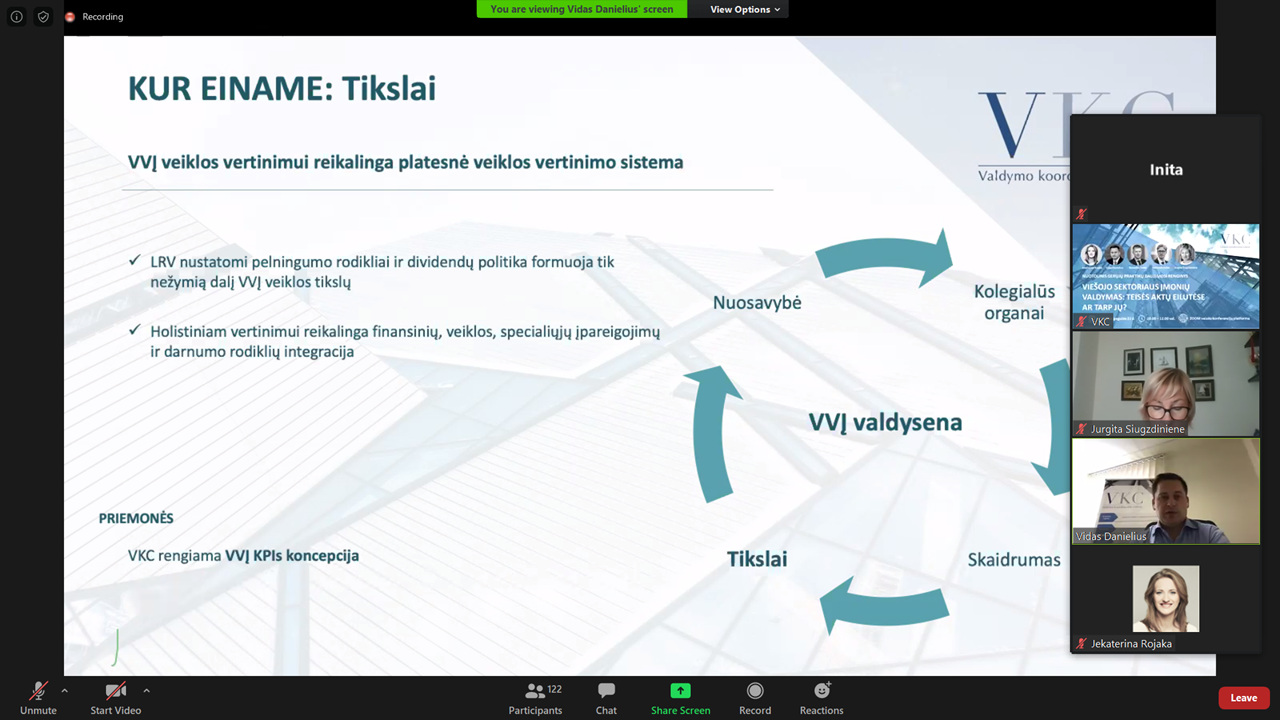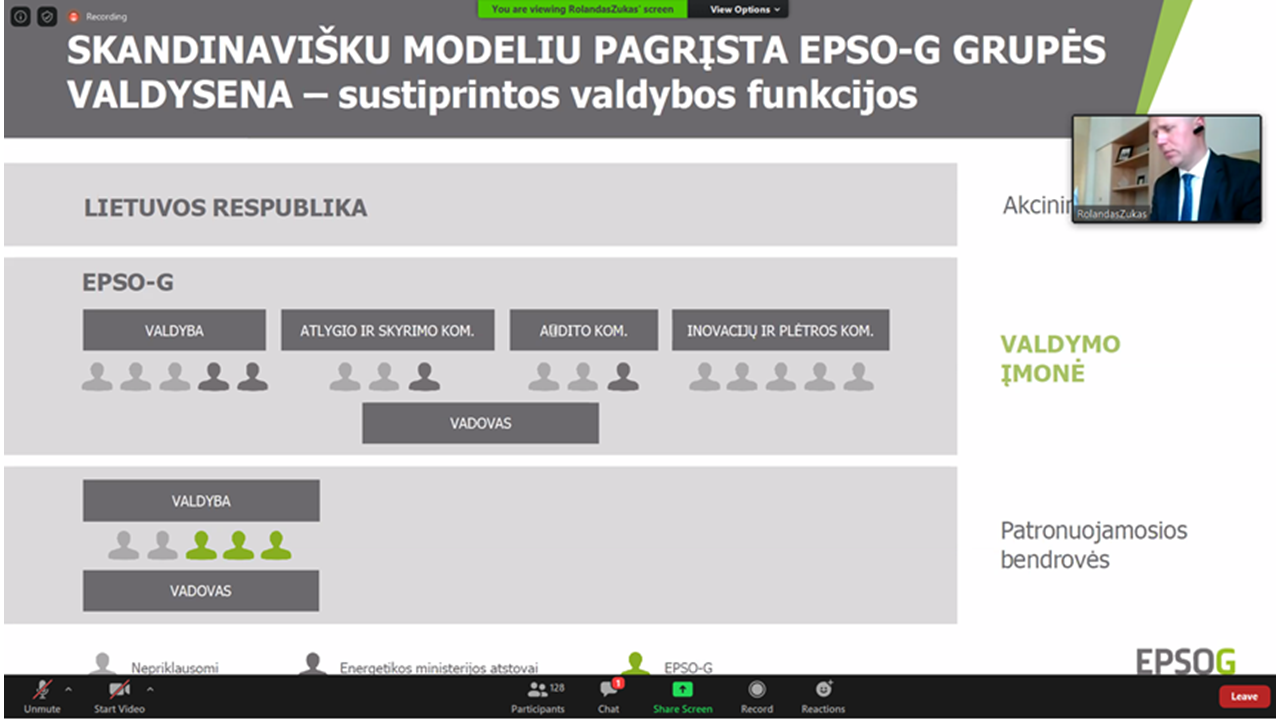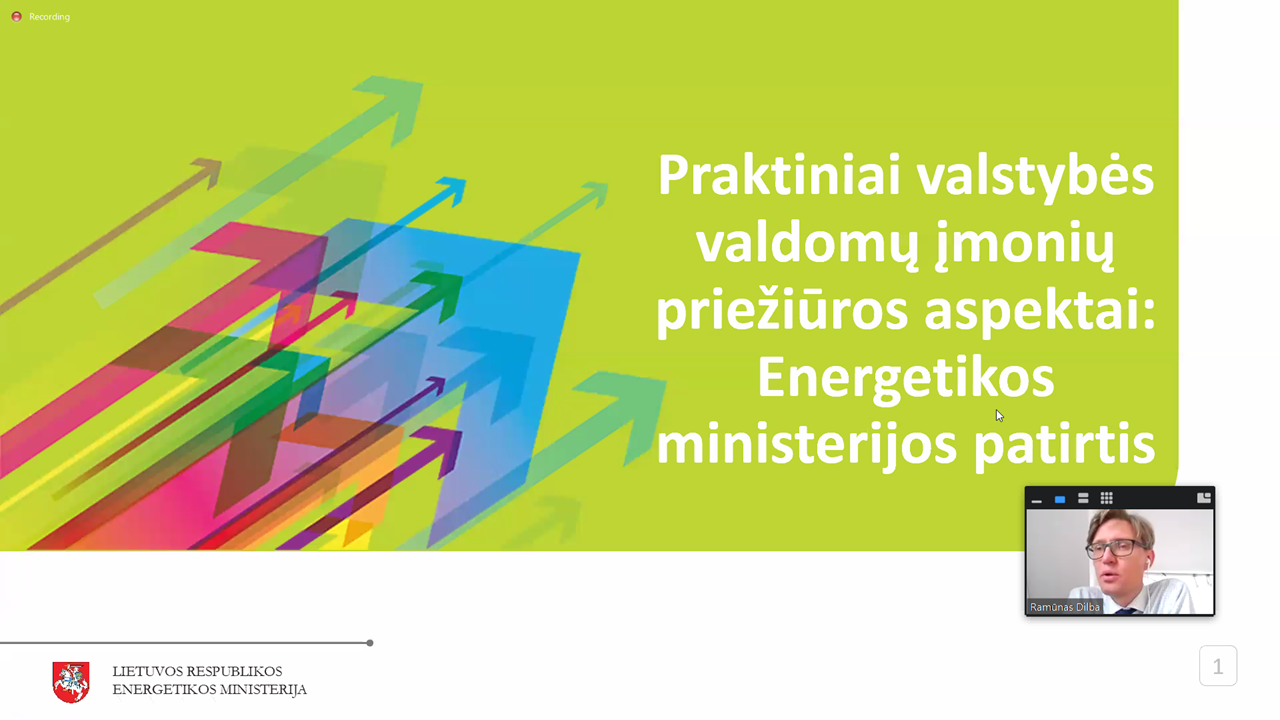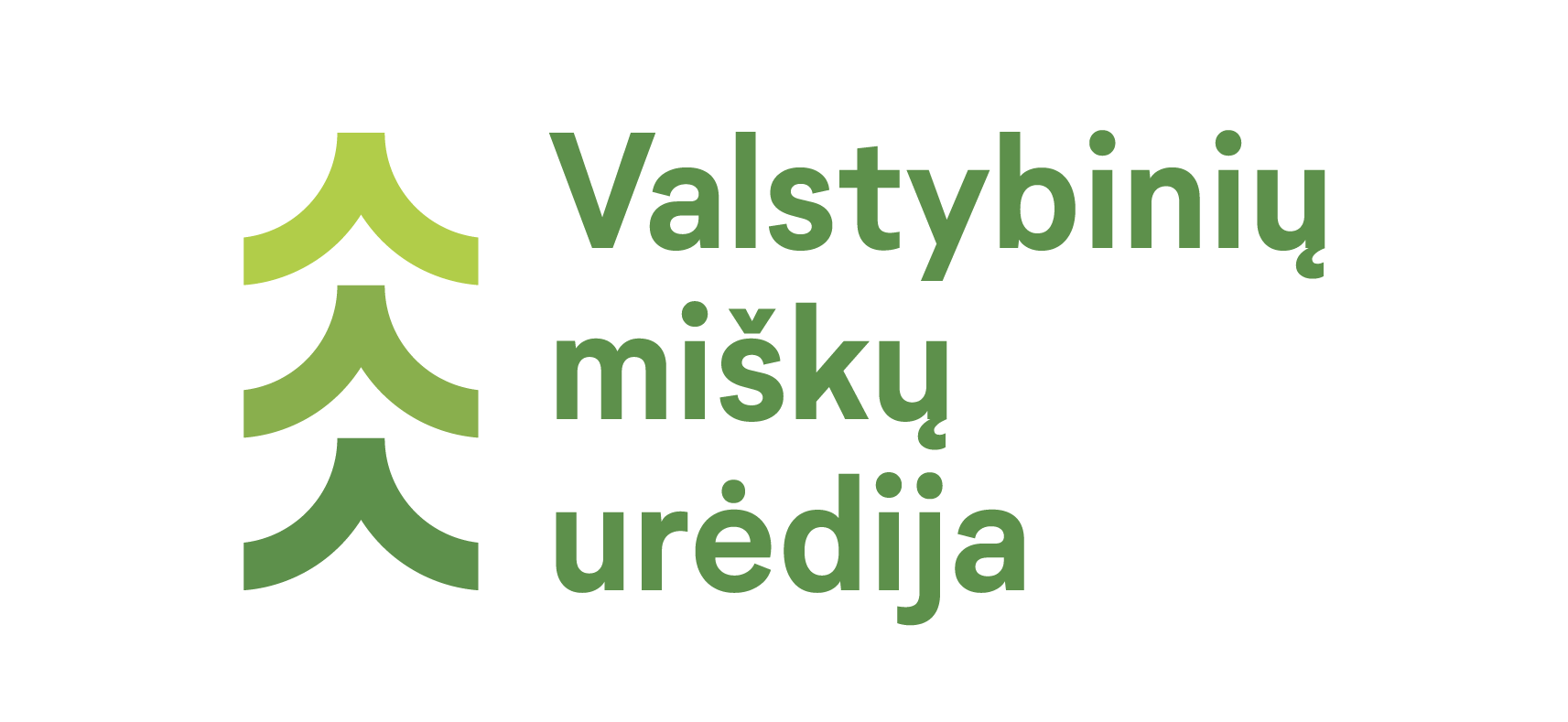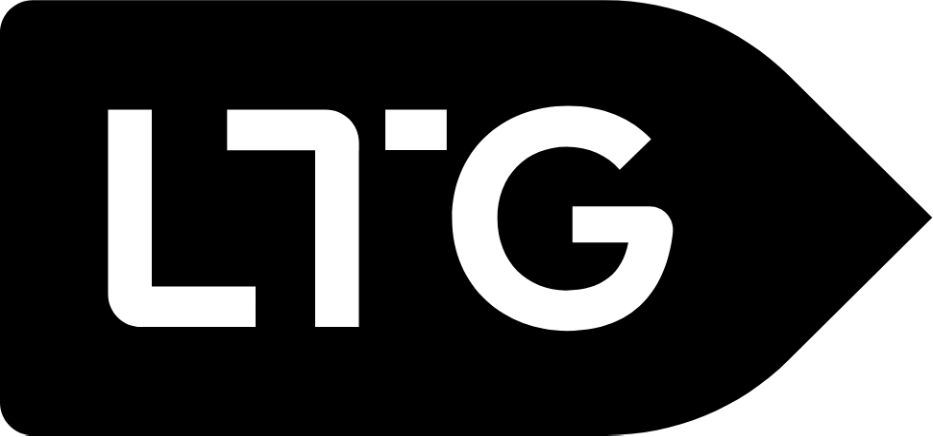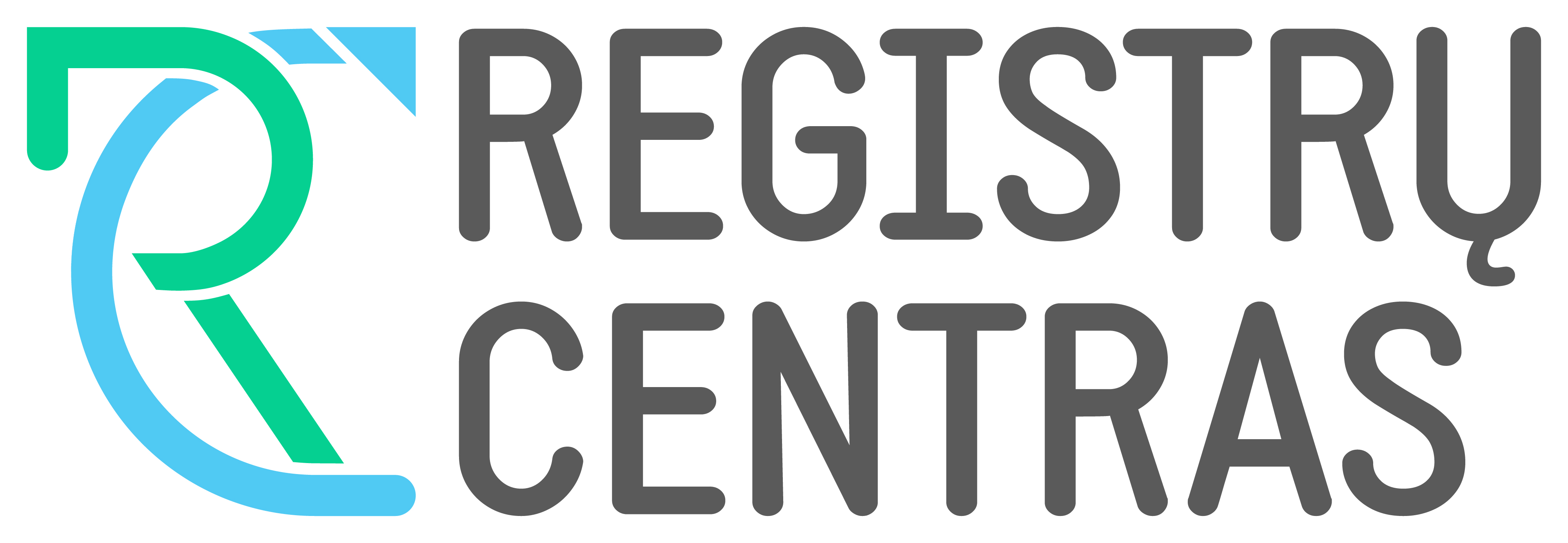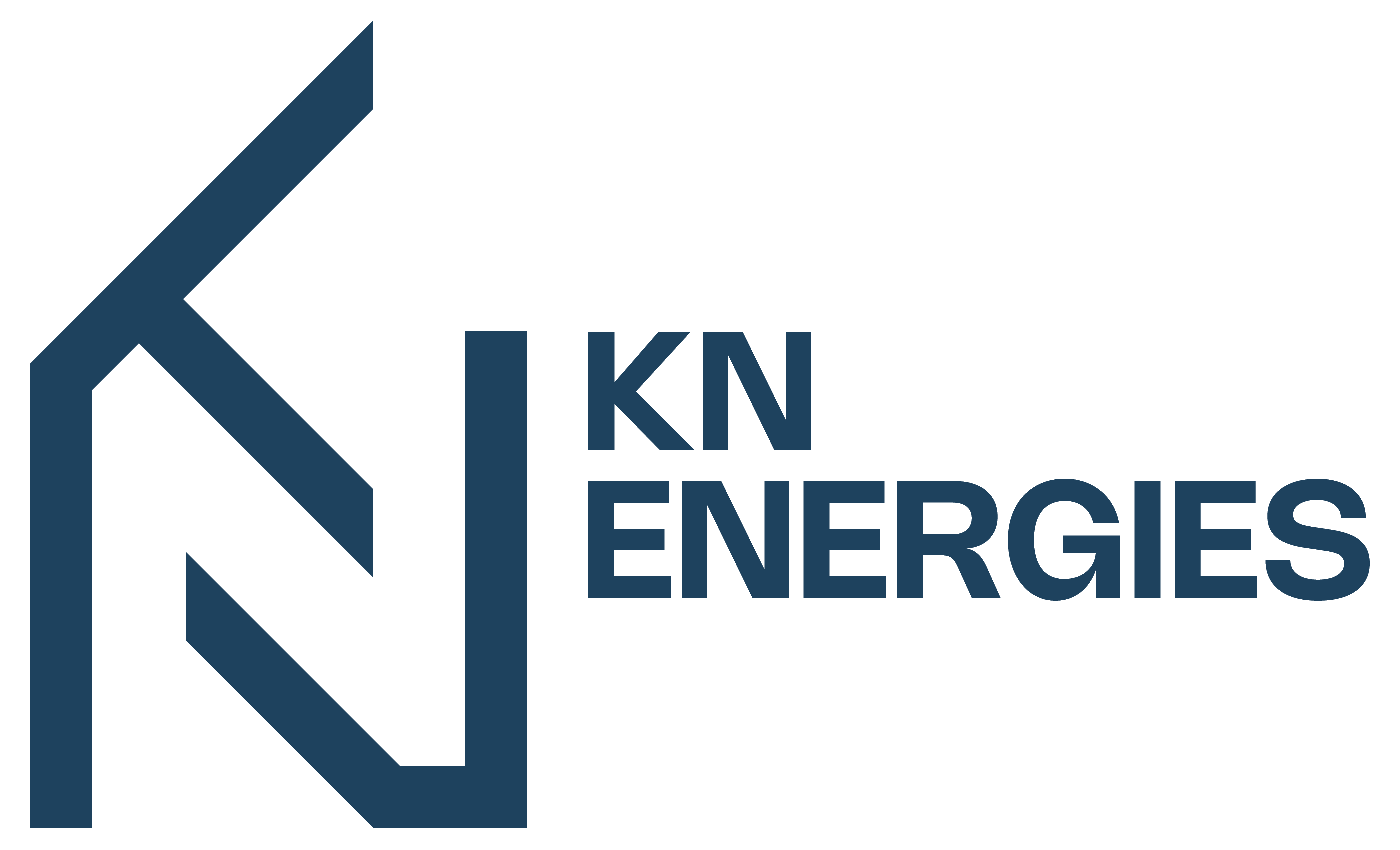Moments of the event
State-owned enterprises remote conference online discussion: public enterprises governance
Within the last 5 years, state-owned enterprises (SOE) number decreased from 128 to the total of 48 while the portfolio returns to the state increased 4 times. Depoliticization of the SOE governance increased the number of the independent board members and independent board observers from 18% to 58%.
The results were marked at yesterday’s event, which took place at the Governance Coordination Center online conference – discussion. During the conference members of SOEs and municipality owned enterprises (MOEs) representatives of the collegial supervisory and management bodies of the responsible state institutions reviewed the changes in public sector governance.
“Significant changes have been achieved in this sector over the last few years. By becoming a member of the OECD, we have shown that we have reached the maturity of public sector governance. Nevertheless, we have a clear commitment and must continue to improve the governance of this sector. The main goal is to use the existing experience to ensure that the state operates efficiently and that state-owned enterprises bring the greatest benefits to the society,” noted Jekaterina Rojaka, Deputy Minister of Economy and Innovation.
“Important improvements covered all key areas of SOE governance during 2019. The challenge for the coronavirus pandemic today is huge, but it is to be noted that the consistent transformation of the public sector has strengthened the position of the SOE sector. We hope that active and friendly involvement of the institutions representing the state will help not only to ensure more efficient operation of the SOE, but also to responsibly fulfill the state obligations, ” said Vidas Danielius, the director of the Governance Coordination Center.
Ramūnas Dilba, Chancellor of the Ministry of Energy, who participated in the remote conference, emphasized that the further success of the changes in public sector governance will also depend on the willingness of the organizations themselves to change. “There is a saying in management that ‘organizational culture eats up the strategy for lunch’, so mutual agreement between the shareholders and the company is important, not only what we do, but also how and why we achieve the set goals,” said R. Dilba.
Rolandas Zukas, CEO of the state-owned energy transmission and exchange group EPSO-G, is convinced that today the SOE groups have already demonstrated the viability and benefits of ensuring the implementation of the strategic goals set by the shareholder – the state – and the transparent and accountable operation of the group companies. “We also see that increasing the maturity of good governance requires a systemic approach, a common understanding and legal regulation of the responsibilities and rights of management companies, as proposed by the European Model Companies Act (EMCA),” said Mr Zukas, Director-General of EPSO-G.
Transparency standards, which are set to SOEs, should also be applied by SMEs, according to governance experts. Jurgita Šiugždinienė, a member of the Kaunas City Municipality, pointed out that with the recent growth in the volume of domestic transactions and the provision of more and more services by municipalities through the companies they manage, it is necessary to ensure maximum transparency of companies’ activities. “SMEs should be subject to the same transparency standards as SOEs. It is very important to answer the question why the price of the same public services differs as much as two or three times in different municipalities. Whether there are objective reasons for this, such as infrastructure, volume of service provided. It would be worthwhile to analyze prices and quality of services between individual Lithuanian municipalities and other countries, to consider closer cooperation between several municipalities in providing common public services in utilities, water management, street maintenance and other areas, ”J. Šiugždinienė noted.
All these topics were reviewed at the online good practice sharing event-discussion “Governance of Public Sector Enterprises: in or between lines of legislation?”, which was attended by members of collegial supervisory and management bodies of SOEs and SMEs, representatives of responsible state institutions. They reviewed the development trends of public sector corporate governance and discussed the impact that shareholders, collegial bodies and management of companies have or could have in this process.

